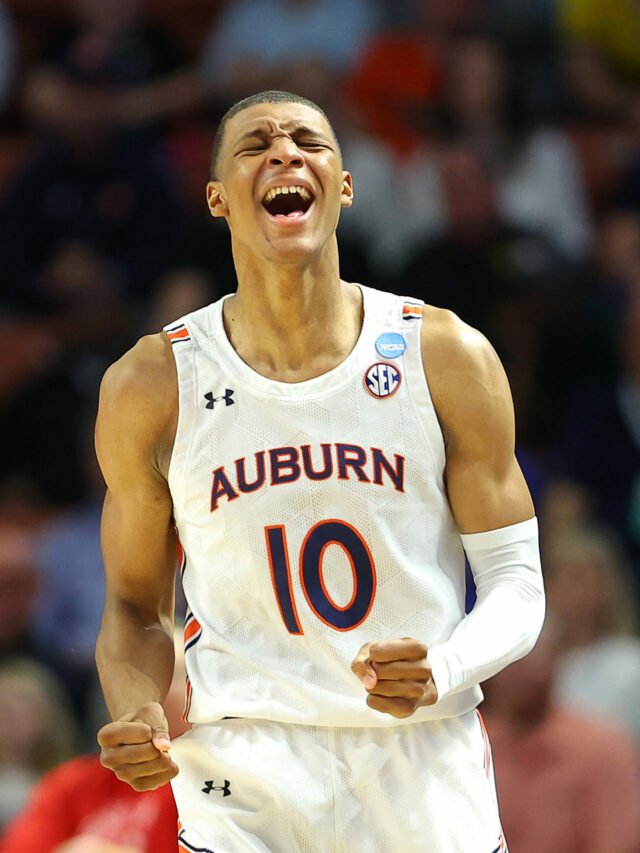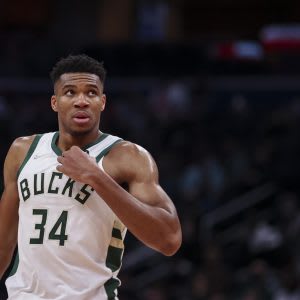When Brad Stevens stepped into a front office role with the Boston Celtics this past off-season, questions about his coaching replacement were rampant. The fanbase was split on who should be the next person patrolling the side-lines, and everybody had their own opinion on the type of coach the team needed.
After all, this was the same Celtics team that, despite all of their potential and promise, had just suffered a first-round exit at the hands of the Brooklyn Nets, and failed to flatter for most of the regular season. The Celtics had devolved into a selfish style of basketball, with star wings Jayson Tatum and Jaylen Brown taking turn to isolate on the wings, regularly looking off their teammates in favor of difficult contested shots.
Eventually, Stevens settled on Ime Udoka as the team’s newest coach. Udoka has a wealth of experience in the NBA, both as a player and as an assistant, and came into his latest role with a growing reputation around the league. Most importantly, Udoka vowed to coach the team hard, hold everybody accountable, and get them pulling in the same direction.
Everything sounded great, and expectations were suddenly through the roof.
But the Celtics didn’t look any different to start the season. The team was still heavily reliant on isolation-based offense, and Udoka’s brand of switching defense looked too beyond the team’s capabilities. It was all rather perplexing, especially considering the core rotation of the Celtics roster all had experience of being a top-10 defensive team in the past.
The losses piled up, and so did the pressure. It wasn’t just that Boston was losing games, it was that they were doing so from winning positions. Players began to air their frustrations in the media, and Udoka didn’t shy away from calling guys out in post-game press conferences. Everything was pointing to the start of a crisis, and Stevens’ first coaching hire seemed to be sinking without a trace.
Yet, as the calendar flipped to 2022, so did a switch with the team. Suddenly, their labouring defense found their clamps, and began holding teams to below 100 points. The offense still wasn’t ticking, but the idea was simple – keep things close, and you will be in a position to win every game.
“We always take pride defensively. But now, it’s more contagious. We’re enjoying playing defense out there, helping each other, not giving up any easy shots. It’s really fun when everybody is so engaged in playing that way,” Al Horford told the media on February 25.
Suddenly, the Celtics quickly rose to the top of the NBA’s defensive rankings and were viewed as a tough opponent for every team in the league. It might not have been clear when the team was losing, but the Celtics have a fantastic blend of length, athleticism, and strength, which when applied correctly, makes them a fearsome opponent on both ends of the floor.
“It’s suffocating at times, with our size and versatility. We’ve got big wings, our bigs, and obviously a pitbull for a point guard. There’s no real weakness out there, nobody to pick on, which is the case with other teams sometimes,” Udoka said during a press conference on February 6.
While the switching scheme began to pay dividends, Udoka’s greatest adjustment on that side of the floor came from relocating Robert Williams, taking him away from the initial action which allowed him to roam across the low-help line and offer rim protection on every drive. Williams has evolved into the Celtics “free safety” on that side of the floor, which has been a masterstroke from Udoka, especially as the fourth-year center still looked defensively raw to begin the season.
Once the team got their defense to the level they were looking for, we began to see signs of development on the offensive end. Gone were the single high pick-and-roll possessions that lead to a Tatum or Brown isolation. Gone were the Marcus Smart heaves from deep. And gone was a stationary five-out offense where guys basically hand their hands in their pockets for the first 15 seconds of a possession.
In it’s place, the Celtics began moving without the ball, screens were being set all over the place, and the ball was moving so fast you could have mistaken each possession for a game of hot potato. Udoka likes his team to conform to the 0.5 offensive principal – that is where each player is tasked with making a decision within half a second, be it a pass, drive, or shot. That way, everything is deliberate, and the defense seldom has the chance to set before the rock hits the paint or finds an open shooter.
More importantly, we started to see growth from every player on the roster. Tatum has become a machine, pressuring the rim, getting to the line, and embracing the physicality of the game – those improvements, coupled with his contributions on the defensive end, have seen the St. Louis native become a dark-horse candidate for the MVP award this season. Brown has embraced an off-ball role, where he’s tasked with finishing plays as a scorer, rather than being burdened with a heavy load of on-ball creation. Marcus Smart is a genuine pass-first point guard and is having one of the most consistent shooting years of his career. Robert Williams is a Most Improved Player candidate. Grant Williams is suddenly the ideal role player on a contending team, just a year removed from looking like a draft bust.
The list goes on, basically for every player on the roster. And once the offense caught up with the defense, the Celtics became an outside bet for championship favorites. Udoka made that happen, he stayed true to his principles, even when everything looked like collapsing, he never wavered in the face of adversity or bowed to media pressure.
Now, the Celtics are a 51-win team, and look like a totally different beast to the one that limped over the finish line last season. Coaches often don’t get enough credit for their impact on a team, or on a players development, but the Celtics rise has been so prominent, and the improvements so stark, that Udoka has to be seen as the catalyst for these improvements.
Account for the fact that the Celtics head coach has achieved all this during his rookie season, and that Boston could potentially have numerous All-NBA players on their roster this season, and the case for him to be recognized with Coach of the Year honors essentially makes it self.
And for Celtics fans worldwide, just ask yourself, if this is what Udoka can do in his first year as a head coach, how good will this team be next year, or the year after that?



